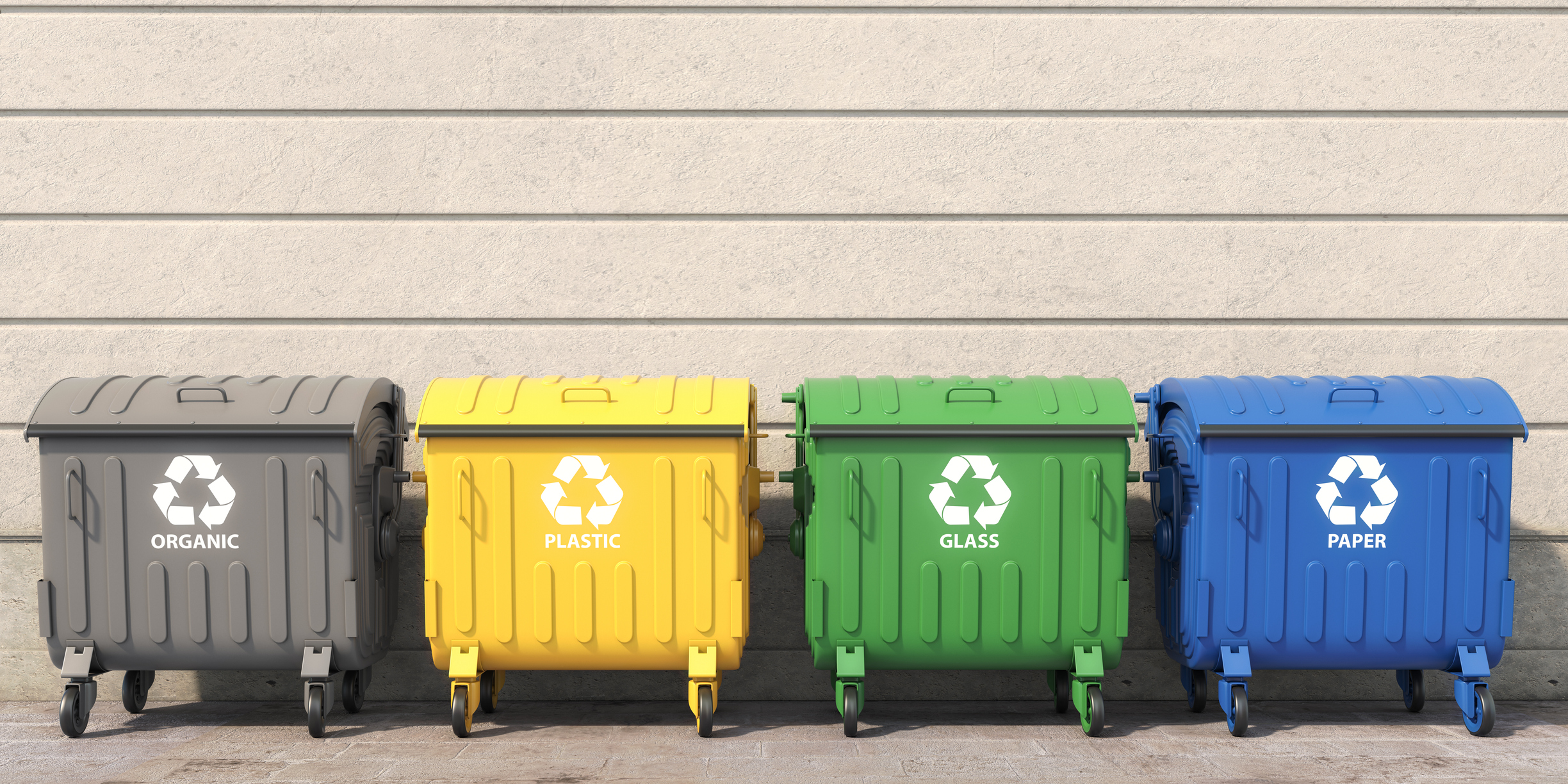
Dirk Nelen
Vice Chair ISWA Working Group on Recycling and Waste Management
A methodology was developed and applied by the European Environment Agency, with the support of the European Topic Center on Circular Economy and Resource Use, to identify EU countries at risk of not achieving the EU municipal waste management targets. The results of the assessment provide valuable insights in the complex structures and diverse set-ups of countries’ waste management systems.
Economic instruments, such as landfill taxes, pay-as-you-throw systems, packaging taxes, are demonstrated to be excellent tools to improve municipal waste management performance. The implementation of extended producer responsibility schemes, and the provision to a high share of a country’s population of convenient systems for the separate collection of recyclables, also contribute to the achieving of recycling targets. Countries’ national waste management authorities were involved in the assessment process, from the design of the methodology to the validation of findings.
The assessment methodology was developed for yielding mostly measured and quantified results, ensuring comparability between Member States. At the same time, the legal, economic and social context of the individual Member State, relevant to its waste management performance, is described in separate country reports.
The assessment shows that there is not one instrument or toolset that secures a ranking as top performing country. Instead, customized combinations of tools are required that take into account the wider context in which a waste management system is put in place. The Working Group on Recycling and Waste Management is convinced that the EU Early warning methodology contains several strongpoints that are valuable for assessing waste management performance in non-EU countries or cities, also in lower-income regions. There, it could be used to identify priorities and set targets for investment to increase capacity and effectiveness of local municipal waste management.



